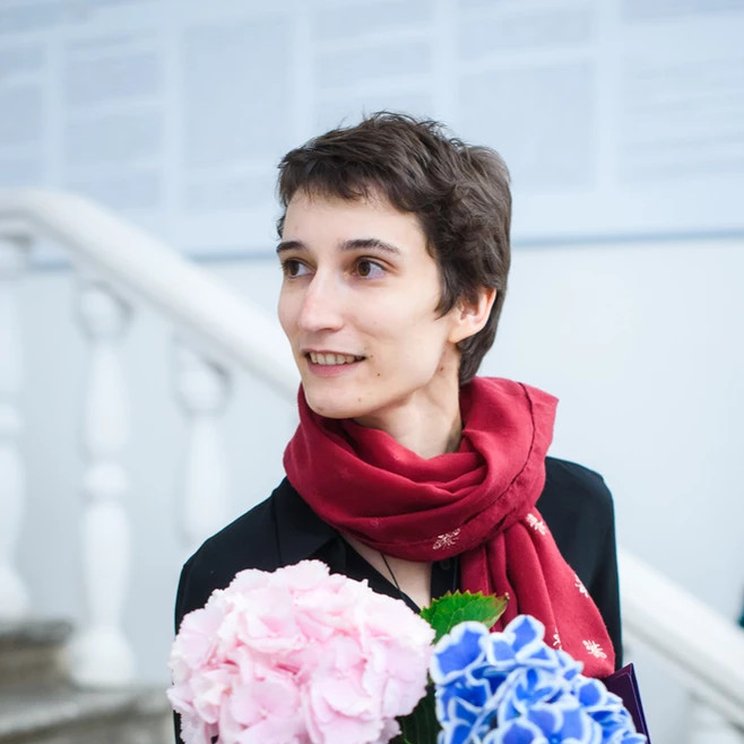
Cécile Lartigau
Vita
Born in 1989 in the French city of Orléans, Cécile Lartigau initially trained as a violinist before deciding in 2011 to study the ondes Martenot, which led her to Valérie Hartmann-Claverie at the Conservatoire National Supérieur de Paris. She also studied musicology at the Conservatoire de Lyon, graduating with a master’s degree in 2017. Combining both disciplines, Lartigau delved into the history of her instrument, which was invented by Maurice Martenot in 1928 and is an “ancestor” of all electronic sound generators today. In the process, she discovered the oldest classical work for ondes Martenot, a symphonic poem by the Greek composer Dimitrios Levidis, which she has performed worldwide. As a researcher, she also devotes herself intensively to the work of John Cage and Sylvano Bussotti. In the concert hall, Lartigau gives solo recitals, plays chamber music, performs with orchestras, and participates in opera productions. She has performed in a staging of Honegger’s Jeanne d'Arc au bûcher conducted by Kazushi Ōno at the Opéra de Lyon and also played the ondes Martenot part at the Perm Theater under the baton of Teodor Currentzis. She has appeared in Messiaen’s Turangalîla Symphony in Ljubljana. Among her musical partners is Heiner Goebbels, whose piece Everything that happened and would happen she has performed in Manchester, New York, Bochum, St. Petersburg, and Vienna. Inspired by the philosophy of John Cage, Lartigau is concerned with the emancipation of the performative act: for this reason, a large part of her artistic activity involves improvisation and joint projects with Alexandros Markeas, Vincent Lê Quang, and Joëlle Léandre. She has recorded Sylvano Bussotti’s Pièces de Chair II with the E-Mex Ensemble. She plays on an instrument built by Jean-Loup Dierstein.
August 2022